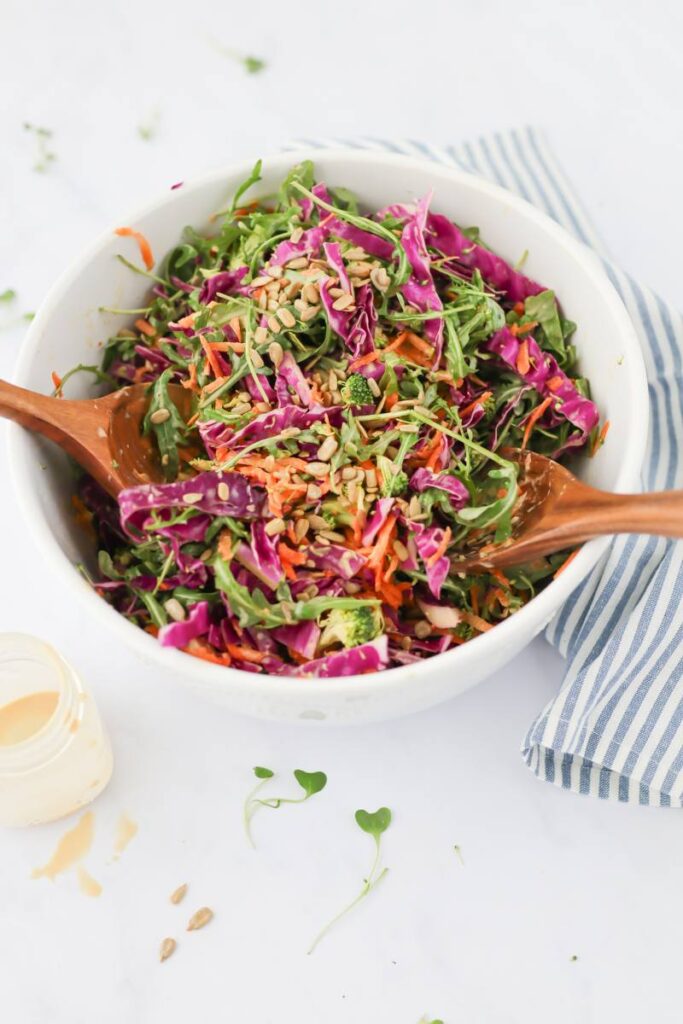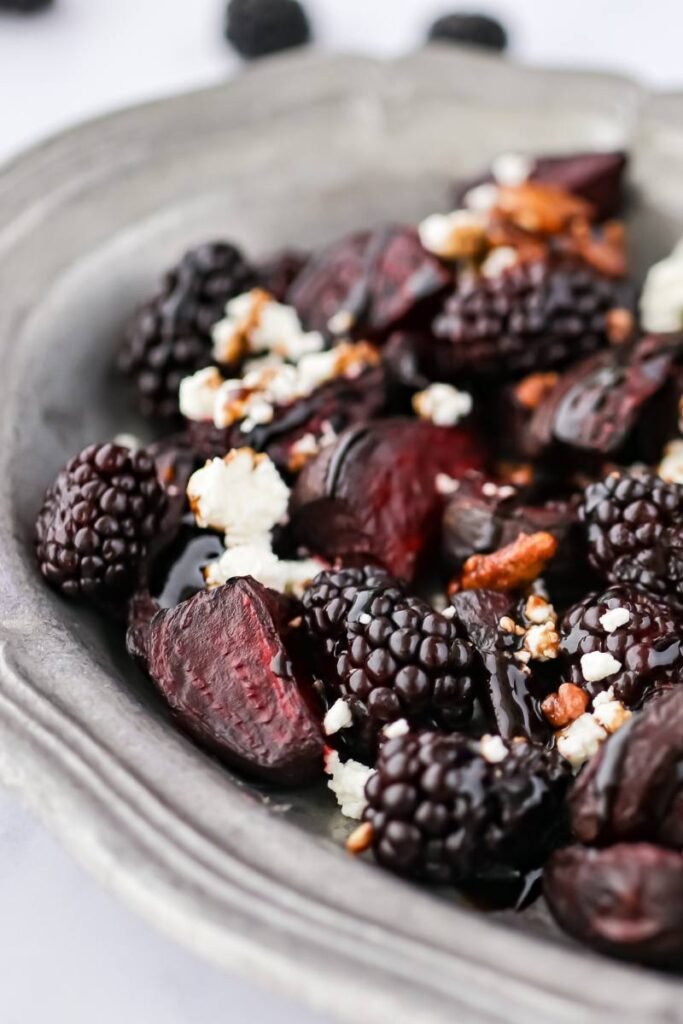Are you interested in eating more healthy plant-based foods? It’s shockingly straightforward to shift to a plant-forward diet without completely giving up the treats you love. We’re talking no elimination of entire food groups, no strict dietary guidelines, no wonky rules to follow and definitely no gimmicks.
Sound like a pretty cool concept? You’re in the right place. This article focuses on several frequently asked questions about shifting to a plant-forward diet.
It’s important to note that food allergies, socioeconomic circumstances, chronic illness, weight loss goals, religion, culture and ethics all play a role in how we eat and feed our family. Those factors also directly impact how we cultivate, harvest, purchase, prepare and consume food.
Here at Sweet New Roots, we don’t endorse a particular diet or lifestyle. We love plant-based foods, and we also love smoked brisket, blue cheese and charcuterie boards on a patio with a mimosa in hand. Eating well is about balance. For our family, this is achieved by eating plant-forward meals most of the time.
So, what does it mean to be “plant forward”? It means leaning into the power of plants by primarily cooking with and consuming plant-based foods. If you’re interested in incorporating more plant-based foods into your diet, read on for details that will help you get started today!

What Is a Plant-Forward Diet?
Simply put, plant-forward eating or a plant-forward lifestyle means most often putting plants at the center of your plate. A plant-forward diet is not about eliminating entire food groups or following extreme dietary guidelines. It simply means we’re eating an array of nutrient-dense plant foods as our main course while meat, cheese, dairy and processed foods are consumed less frequently or in smaller portions – and only you and/or your healthcare provider can determine what that looks like for you.
What Are Plant-Forward Foods, Exactly?
Plant-forward foods include (in no particular order):
- Fruits
- Vegetables
- Whole grains
- Beans and legumes
- Nuts and seeds
- Healthy fats and oils
- Herbs
Think Eating Plants is Boring? Think Again.
Looking for plant-forward recipe inspiration? We’ve got you covered. Start with some of our best-loved recipes below, then head to our Plant-Forward Recipes page for more.

What About Protein on a Plant-Forward Diet?
Remember, a plant-forward diet doesn’t mean completely eliminating food groups, such as meat and dairy, unless that’s something you want to do. In that case, no need to worry as many plant foods contain protein, including beans, lentils, nuts, peas, tofu and even quinoa.
If you’re completely eliminating meat, dairy and all animal byproducts, you’ll want to pay more attention to your nutrient intake. Forks Over Knives is an awesome resource if a 100% plant-based diet is your ultimate goal.
What Are the Health Benefits of a Plant-Forward Diet?
There’s not enough time in the day to discuss the health benefits of eating a plant-forward diet. Fruits, vegetables, whole grains and other plant-forward foods are incredibly nutrient-dense and chock full of essential vitamins and nutrients. For example, plant-forward foods are generally higher in heart-healthy fiber and immune-boosting antioxidants.
The nutrients in plant foods have the power to nourish and heal our bodies in amazing ways. Just a few of the benefits of a plant-forward diet may include improved digestion, lower rates of cardiovascular disease, decreased cancer risk and improved brain function.
Most Sweet New Roots recipes include some of the health benefits of ingredients as well as resources where you can learn more.
Looking for Plant-Forward Recipe Ideas?
Head over to our Plant-Forward Recipes section organized by dietary needs, such as Gluten Free and Refined Sugar Free, as well as by category, such as Salads, Soups and Stews.
*Medical Disclaimer: All content and information on this website is for informational purposes only and does not constitute medical advice. Always consult a medical professional or healthcare provider if you are seeking medical advice, diagnosis or treatment. Sweet New Roots, LLC is not liable for risks or issues associated with using or acting upon the information on this website

